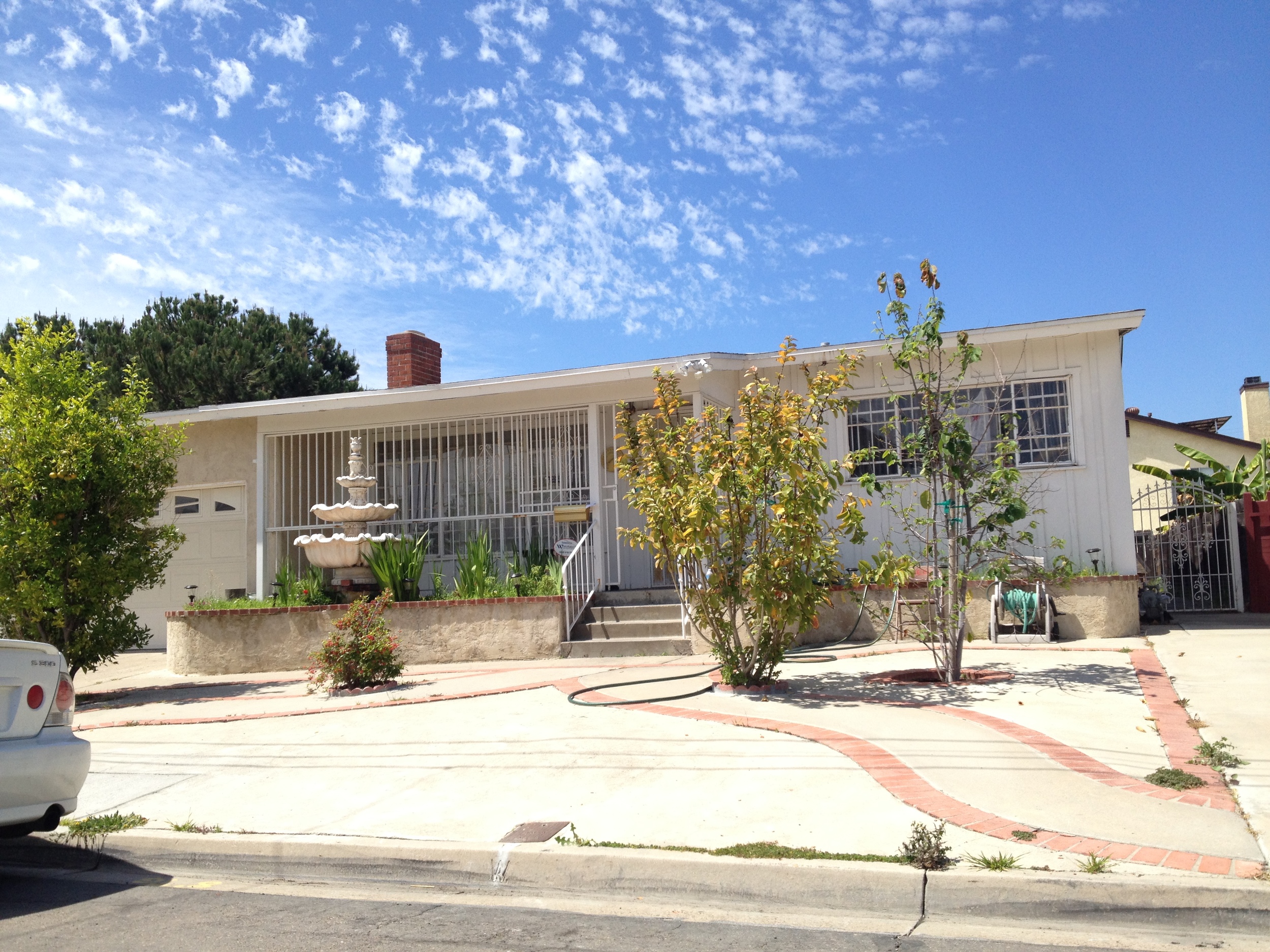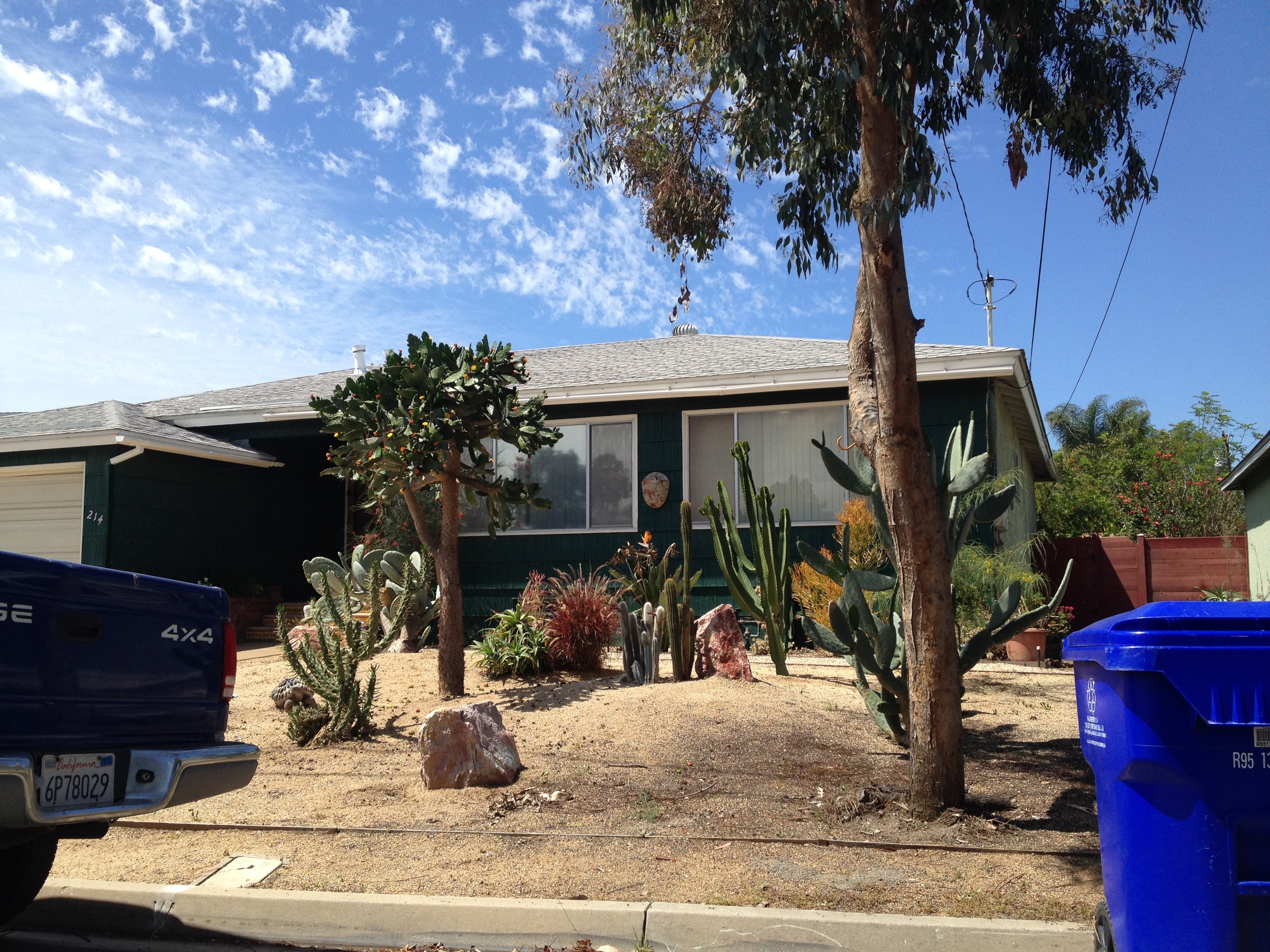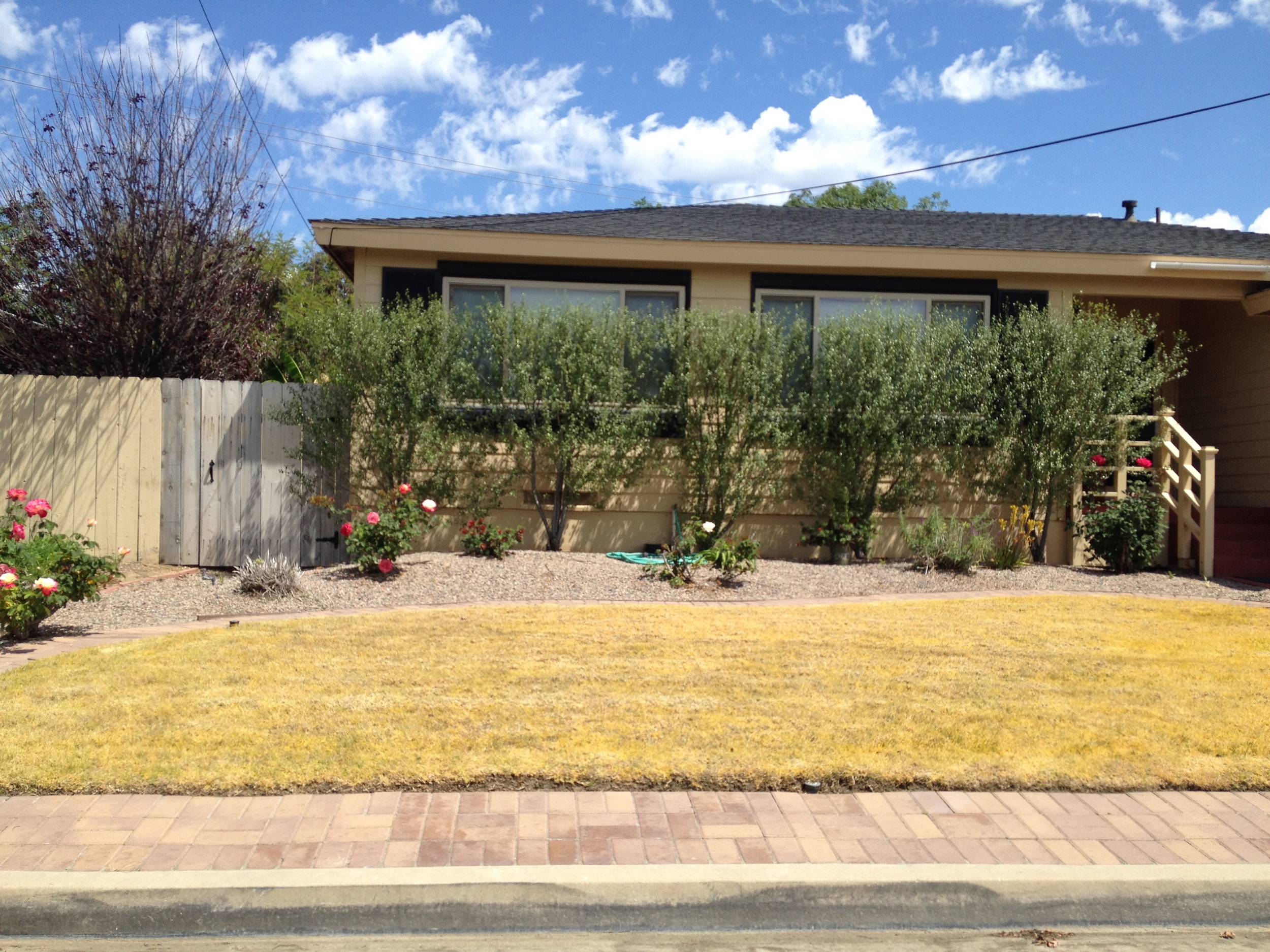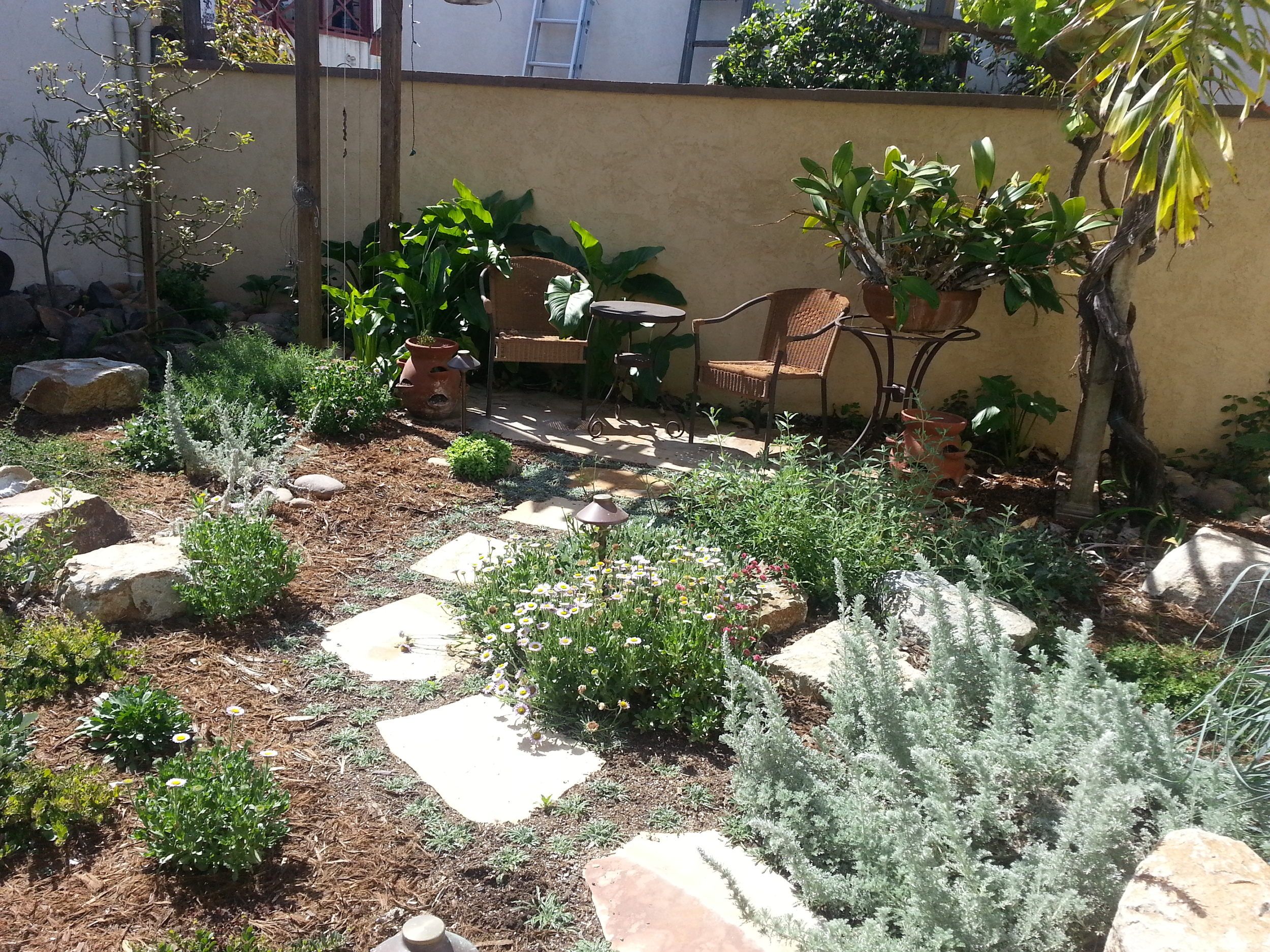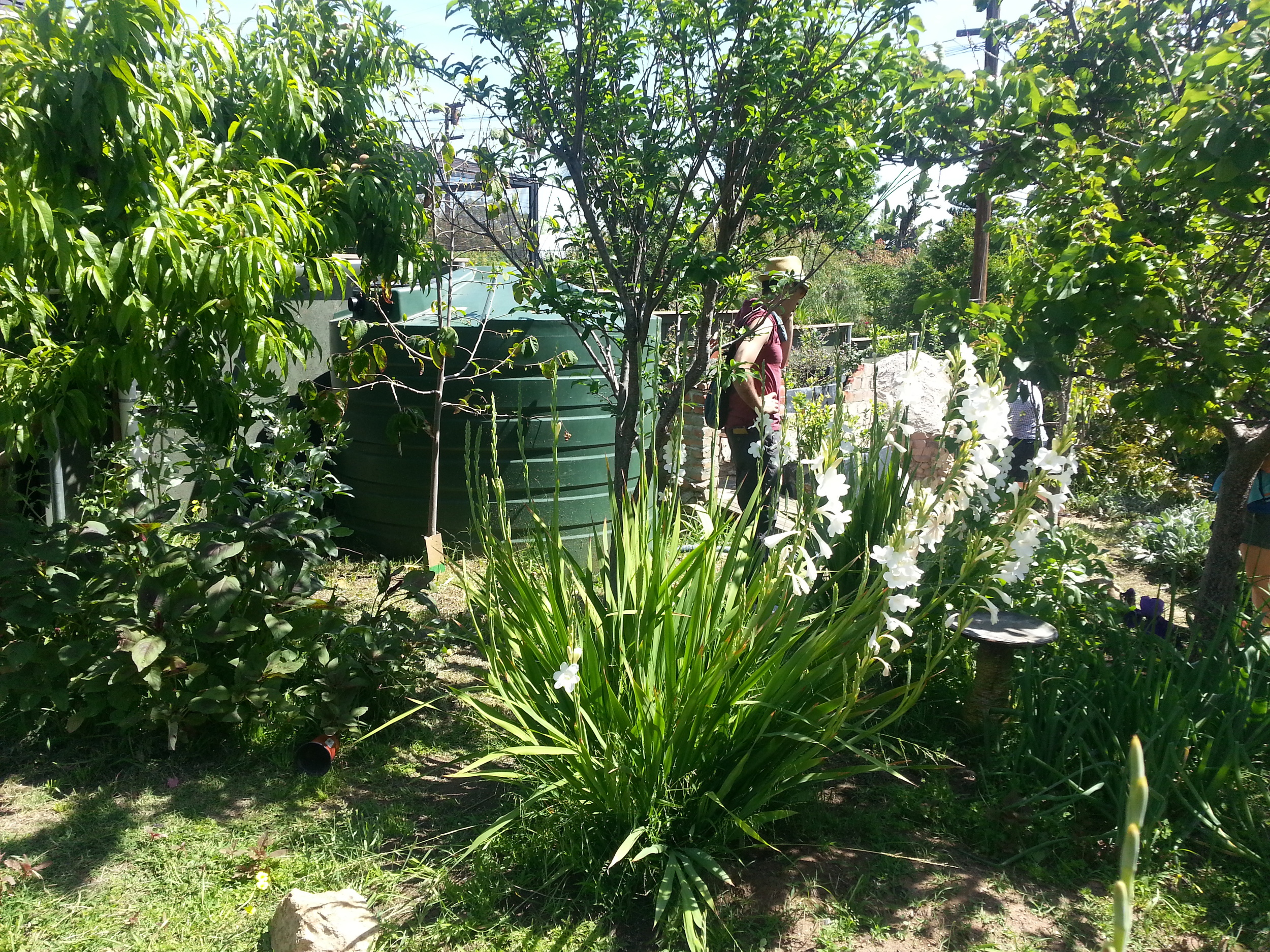Southern California needs to shift its water ethics. This seems insurmountable because of our history with water; political, agricultural, and thought patterns so entrenched in our social structures that it seems we will never unravel the complicated layers to reveal the simple ethical truths of water, survival, and fairness. If you want to get into the history of water in the American West, read Cadillac Dessert by Marc Resiner.
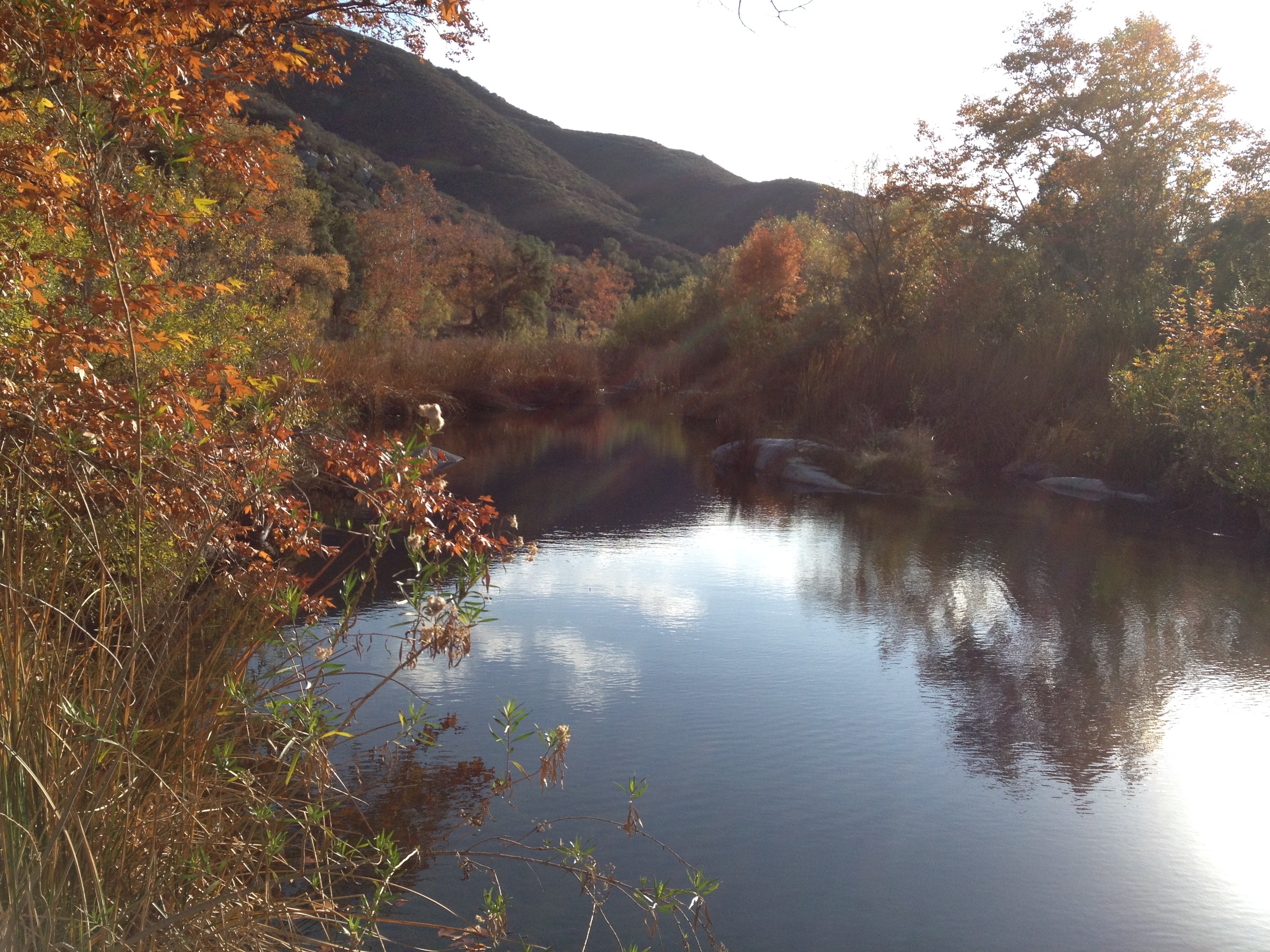
The Santa Margarita River. The last undammed river in Southern California.
We must value water beyond the commodity it has turned into which is traded, bartered, bought and sold. Everyone is entitled to clean water to drink and bathe in. Our ancestors maintained a holistic ethical approach to maintaining water supply for community, local ecology, watersheds and the larger bioregion, for all things that depend on water for survival. Unfortunately, today we conceptualize our “fair share” of water by limiting it to the human experience and ignoring how other living things are affected by the choices we make regarding this precious resource.
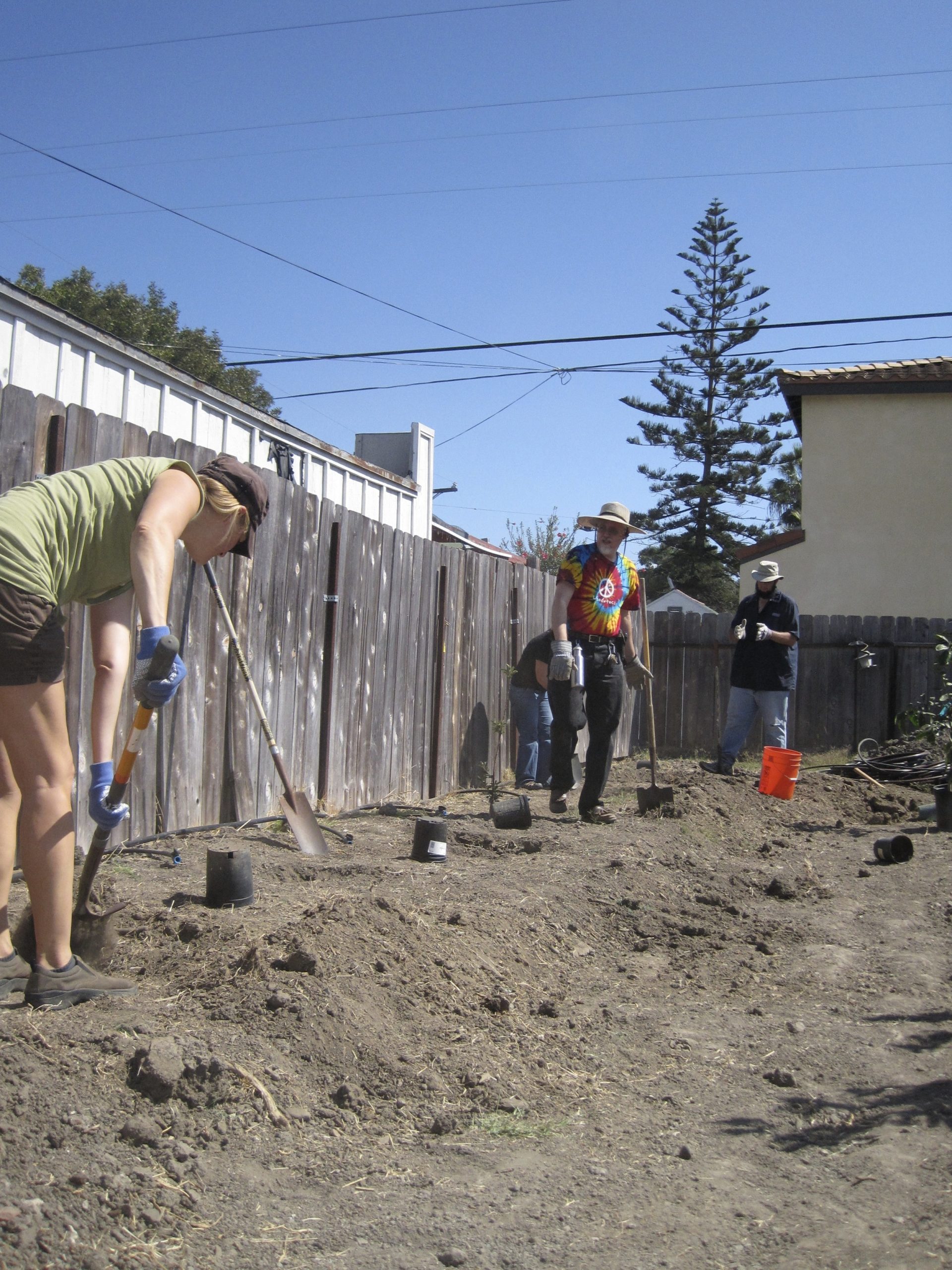
Before: Laundry Greywater workshop in Normal Heights
I rejoice in the more than 70,000 gallons of rainwater storage H2OME has installed. I rejoice in the hundreds of greywater systems that have been implemented either by H2OME directly or as a direct result of a workshop, public event, or conversation we’ve had with a homeowner, redirecting hundreds of thousands gallons from sewers to gardens, hopefully growing many thousands of pounds of fruit and food.
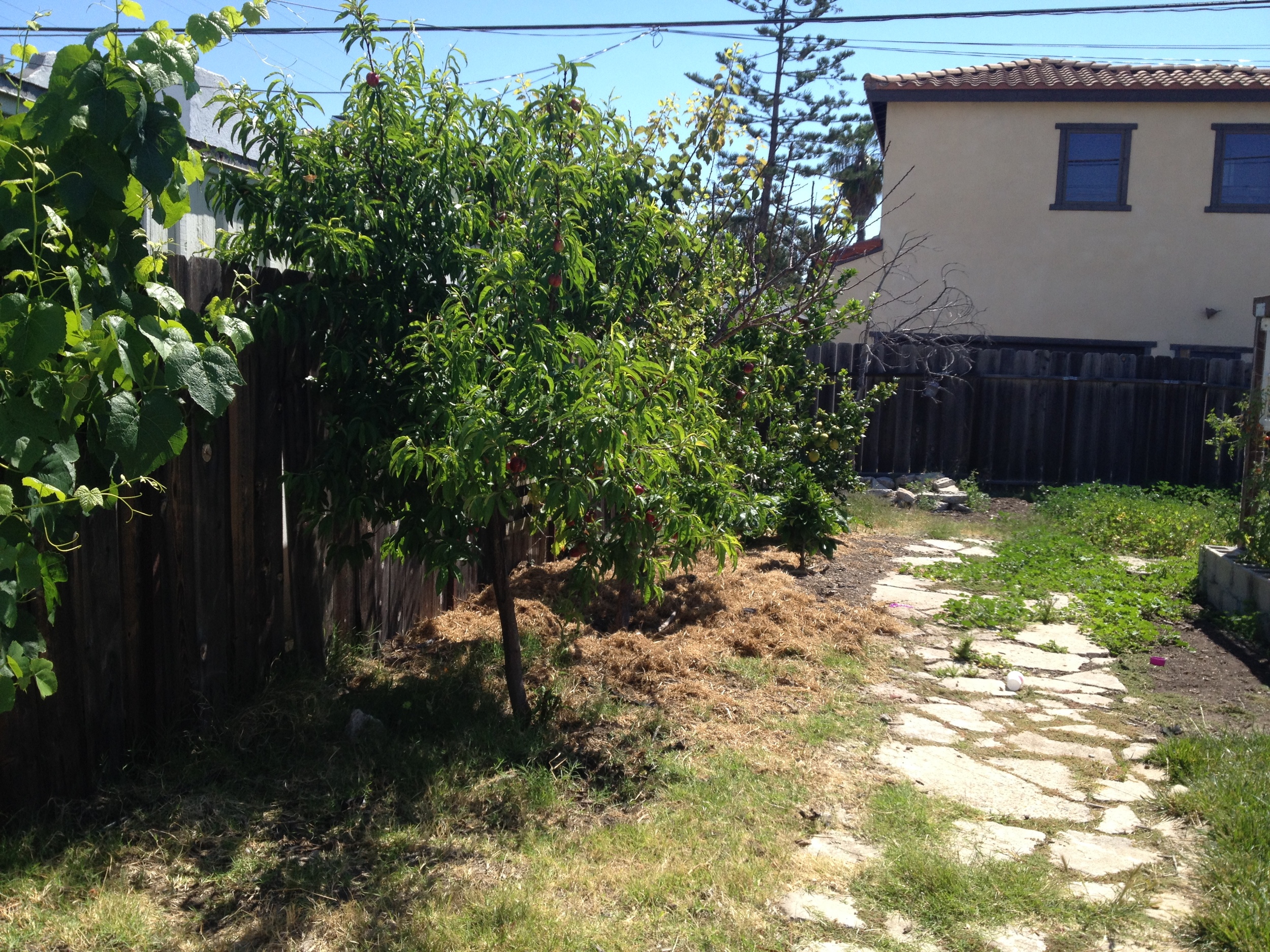
After: The same backyard in Normal Heights 3 years later. 8 tree orchard growing off one family’s weekly laundry water
However, all of that is a wash when we look at water use at a few golf courses around town. It is a drop in the bucket compared with residential water use for residents who aren’t concerned with their water consumption. This is where I alternately get fired up to make more change, and disheartened with the vastness of the larger social issue which needs to heal from the inside out. The larger social issue really reaches to the heart of human ethics, American human ethics, California human ethics, Southern California human ethics… At what point is it absolutely each and every one of our concern to pay attention to how our actions directly impact the lives, structures, habitats, of everything around us? And what will it take for people to realize there is no avoiding this reality?
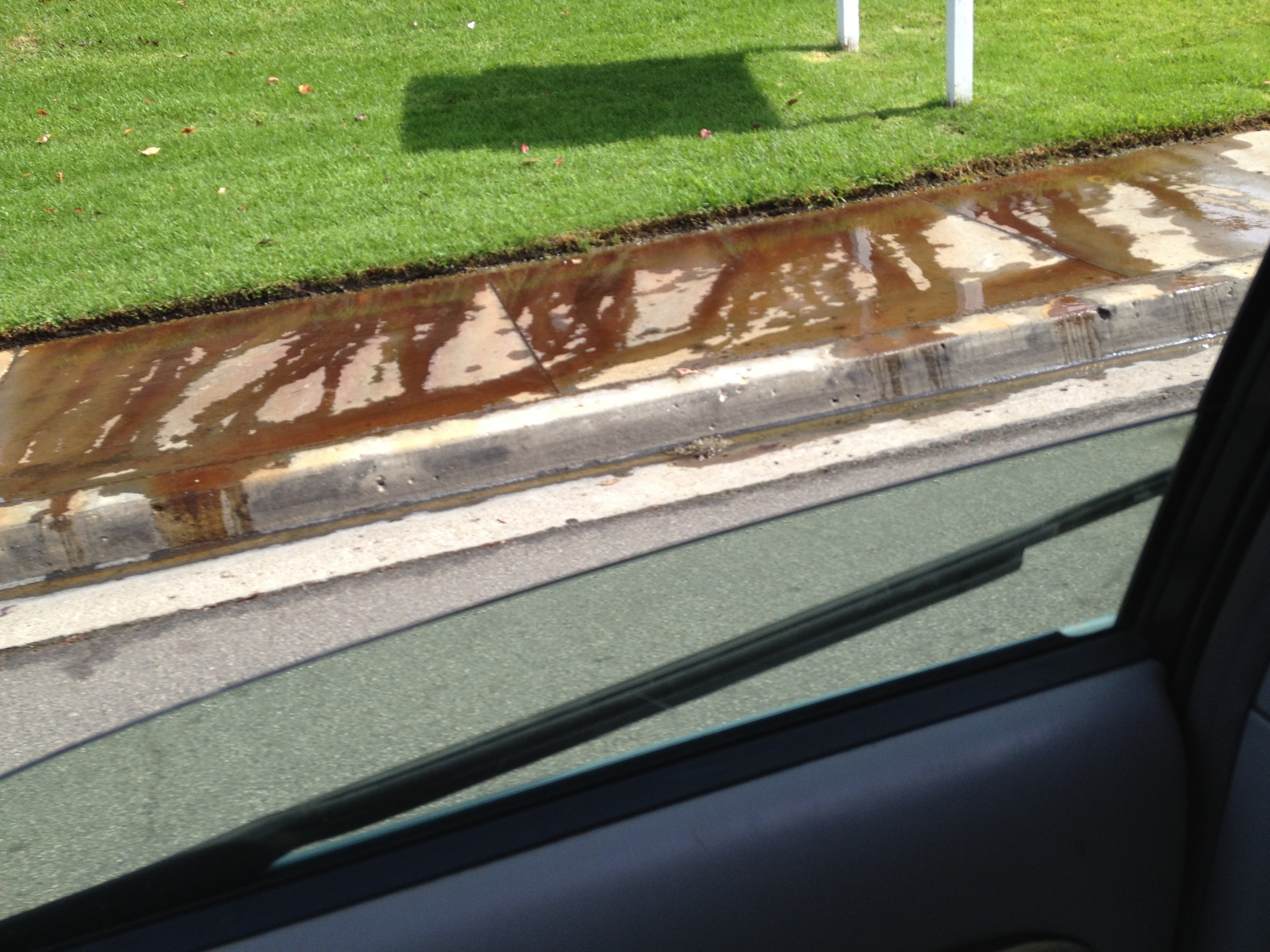
This precious water was moved hundreds of miles to be drooled onto the sidewalk and into the storm drain. A loss that no one takes notice of but ripples of shockwaves that we can’t feel reverberate throughout our ecology and economy because of it.
I read this article the other day in the Union Tribune, called “When in Drought, is it OK to wash my car?” I thought it was going to have some bigger picture message so I read it. I was shocked to find it truly was just a writer asking this very self-serving question. His reasoning was that washing his car every weekend is a tradition he is loathe to give up. His dog likes to sit on the lawn and watch him wash his car. He understands that there may be an ethical issue with his desire to continue this tradition, but is wondering at what point he’s supposed to do something different. No one has mandated restrictions, so it seems we haven’t reached that point yet.
This is what the newspapers are posting for us to read. We are supposed to rely on this “journalism” to help us learn about the issues in our region and gather information to help us make informed decisions? Or is there a different reason for newspapers to exist? Entertainment? Reinforcing what we want to hear? Is that what consumers are paying for?
In light of this “reporting” I see my work as more essential than ever. This is exactly why I started H2OME with the vision of being a resource for the community. At a time similar to the one we are in now, back in 2008 something was distinctly wrong with our understanding of water supply and availability here in San Diego. We didn’t have enough voices unencumbered by economic and political ties to water.
While the focus has always been on infrastructure and the political games that play out to keep water cheap, the gap in the conversation has been direct responsibility on an individual level for appropriate water use. The most inappropriate water usage is our landscaping. We use 75% of residential water on our gardens. That equates to 120 gallons a day on average per person. It may not sound like much, but when you think of people in other countries who walk miles for their 5 gallons of water for the day, what is fair? And when you realize that with 80% of water being imported to San Diego from hundreds of miles (Colorado River and Northern California) away, it means that all of our landscaping water is imported, it really starts to become clear that this doesn’t make sense.
These landscapes are generally unproductive and uninspiring.
We need a common ethic of place. We live in a Mediterranean Climate. There is certainly a plant palate that relates to this place. We don’t need to grow cactuses to be fair. However, we do have to sustain human habitation if we insist on living here, which means growing food, creating local infrastructure to store onsite water and reuse water when it is appropriate and safe.
By implementing low water use plantings, harvesting rainwater, harvesting greywater, and planting with layers and diversity, you can have a beautiful landscape that doesn’t rely on imported water.
There isn’t one solution to changing our water ethic. The real truth is we have to learn to cooperate on many levels. We have to see each other as partners, not competitors. To break it down more practically:
“The homeowner, the landscape contractor, the gardening equipment supplier, and the public agencies all have a role in offering incentives, demonstrations, and messaging,” quoted in this article in Capitol Weekly, Lawn Water: a fix for the drought. “It takes partnerships to move something like this forward.”
To create this cooperation, we need to cooperate as neighbors, community members, business owners. We can create change on a wildly productive level when we combine resources to stack functions and increase efficiencies. We can create resilience in our water systems, in our communities, in our food systems if we pool our resources and localize them, and create many layers of supporting structures by diversifying the methods with which we supply our basic resources.
It sounds fanciful and simplistic, but some of us are doing it here in San Diego and can attest to the power of cooperation. H2OME, Ecology Artisans, Building Green Futures, Ramona’s Plumber, Surfrider, San Diego Sustainable Living Institute are all leaders in water conservation, water harvesting, and sustainability education in San Diego. We all work together and keep each other in the loop with the latest techniques resulting in some fantastic installations, amazing opportunities to expose San Diegans to a more complete information base, changes in policy based on feedback and pushback from each of us in different arenas, more work being generated in this field, and believe it or not, more security among us for being able to support ourselves while working and living our passion. Things are changing. It is inspiring. I invite you to join us in redefining water ethics in San Diego.

